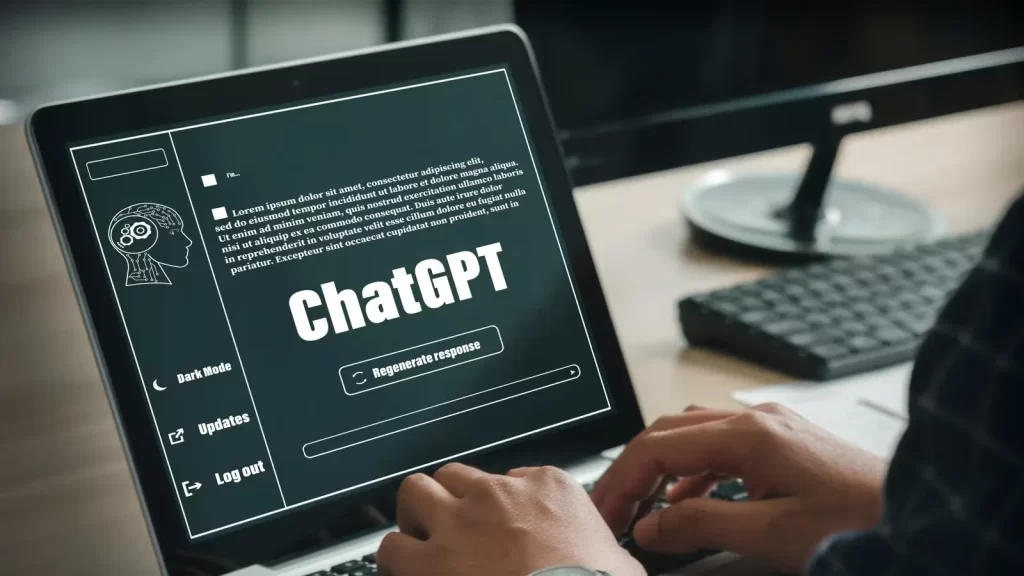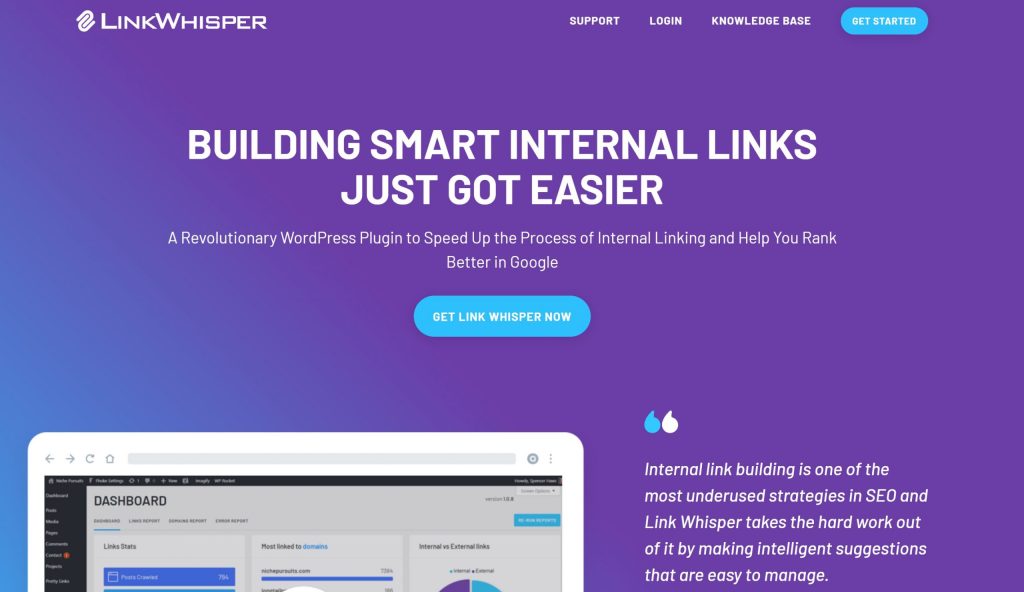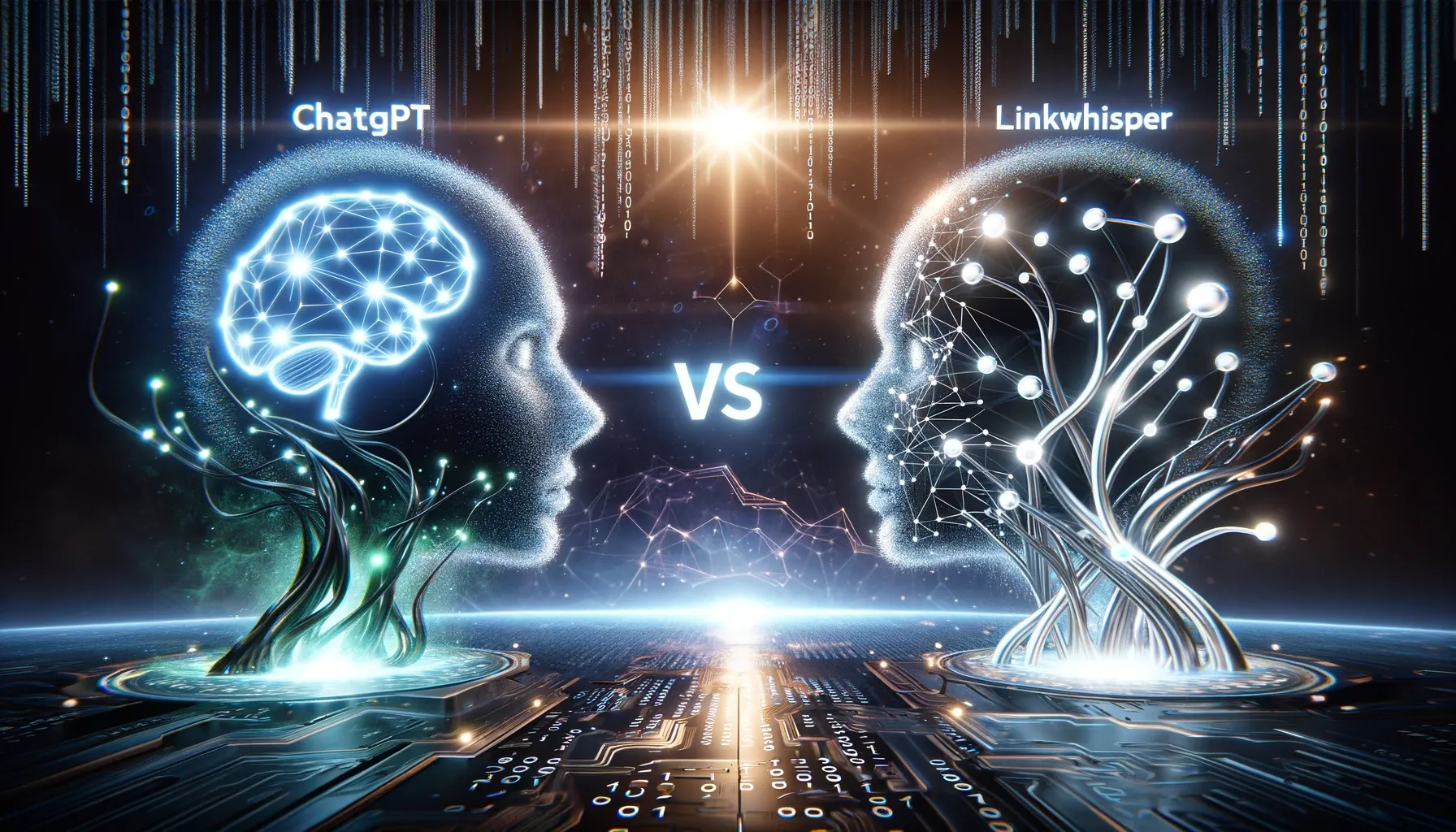Table of Contents
Comparing ChatGPT vs LinkWhisper for internal linking in SEO? See how the AI tools stack up in relevance, customization, volume, accuracy, and more. Learn which solution delivers the best internal links.
Internal links are crucial for SEO success by guiding search engines through your content and passing authority to pages. Two popular content creation tools, ChatGPT and LinkWhisper, can generate internal links automatically. But which AI assistant provides the best internal links for SEO? This in-depth comparison examines the strengths and weaknesses of both tools to help determine the ideal option for your site.
Introduction
Internal linking forms the backbone of SEO optimization by connecting relevant pages on your site through hyperlinks. This allows search bots to better crawl and index your content. Quality internal links also pass equity to boost pages higher in rankings.
Many content creators are now utilizing AI tools like ChatGPT and LinkWhisper to automate internal linking when generating content. However, the quality of AI-generated links can vary greatly. Assessing factors like relevance, anchor text, volume, and formatting is key to choosing the best tool for your needs.
This comparison looks at how ChatGPT and LinkWhisper perform for on-page SEO internal linking to help identify the ideal solution. Keep reading for an in-depth analysis.
How ChatGPT Handles Internal Linking

As a broad conversational AI, ChatGPT takes a generalized approach and Prompts to incorporate internal links in content. Here are some notable aspects of its internal linking capabilities:
- Asks clarifying questions about target keywords/pages for linking
- Links seem semantically relevant to the surrounding topic
- Uses a mix of branded and generic anchor text
- Link volume is low, averaging 2-5 internal links per 1000 words
- No control over link placement or formatting
- Minor errors occasionally observed in links or anchor text
Overall, ChatGPT provides relevant contextual internal links in a hands-off manner. However, lack of customization, low volume levels, and potential inaccuracies indicate limitations for SEO use cases.
Read also: Kokoa TV
How LinkWhisper Approaches Internal Linking

LinkWhisper is purpose-built for SEO internal linking automatically relevant to the Topic. Here are some key strengths and features:
- Requires uploading a list of target pages/keywords for linking
- Links appear highly topically relevant
- Customize the exact anchor text for each link
- Control frequency and placement of links
- Formats links consistently
- Checks for broken pages and errors
- Generates 20-50 links per 1000 words on average
- Provides internal link reporting
LinkWhisper delivers robust customizable internal linking tailored specifically for SEO authority building. The increased relevancy, volume, precision, and transparency make it advantageous for SEO.
Comparative Analysis of ChatGPT vs LinkWhisper for Internal Links
| Factor | ChatGPT | LinkWhisper |
|---|---|---|
| Purpose | General content creation | Internal linking for SEO |
| Relevance | Links seem contextually relevant | Highly semantically relevant links |
| Anchor Text | Full control over link placement, frequency, and formatting | A mix of branded and generic |
| Link Volume | 2-5 internal links per 1000 words | 20-50 internal links per 1000 words |
| Control & Customization | None – links generated automatically | Full control over link placement, frequency and formatting |
| Accuracy | Occasional minor inaccuracies observed | Checks for broken links and errors |
| Link Reporting | – | Provides internal link reporting |
Pros of Using ChatGPT for Internal Linking
Despite some limitations, ChatGPT does offer a few advantages:
- Convenient hands-off linking integrated into content
- Links sound natural in the context of topics
- Helps maximize branded anchor text SEO opportunity
- Useful baseline of links generated automatically
Cons of Using ChatGPT for Internal Links
The downsides of ChatGPT for internal linking include:
- Very low link volume insufficient for SEO
- Lack of customization over link placement, anchor text, and formatting
- No transparency into the types of links generated
- Unable to provide internal link reporting
- Some inaccuracies and irrelevant links are occasionally observed
Pros of Using LinkWhisper for Internal Links
LinkWhisper shines when it comes to internal linking for SEO with advantages like:
- Abundant relevant links to significantly boost rankings
- Customization for optimal placement, anchor text, and integration
- On-topic links sound natural in content flow
- Complete control over link-building strategy
- Detailed internal link reporting provided
- Error-checking helps avoid issues
Cons of LinkWhisper for Internal Linking
LinkWhisper has fewer downsides, but things to note include:
- Requires more effort preparing target pages/terms for AI
- Large link volume risks excessive optimization if overdone
- More noticeable as “SEO content” than ChatGPT’s links
Which is Better for Internal Linking in SEO?
When it comes to internal linking best practices like relevance, volume, control, and transparency, LinkWhisper is the clear winner over ChatGPT.
While ChatGPT takes a generalized approach, LinkWhisper is engineered specifically for internal linking authority building. The ability to fully customize links, paired with robust volumes and detailed analytics, gives LinkWhisper the advantage for SEO results.
Final Words- ChatGPT vs LinkWhisper
Quality internal linking is imperative for search engine visibility and traffic. When comparing ChatGPT and LinkWhisper for automated internal linking, LinkWhisper emerges as the premier choice. With fine-tuned control and insights into links, LinkWhisper gives SEO professionals and content creators alike an effective tool to optimize on-page authority signals and boost rankings.




